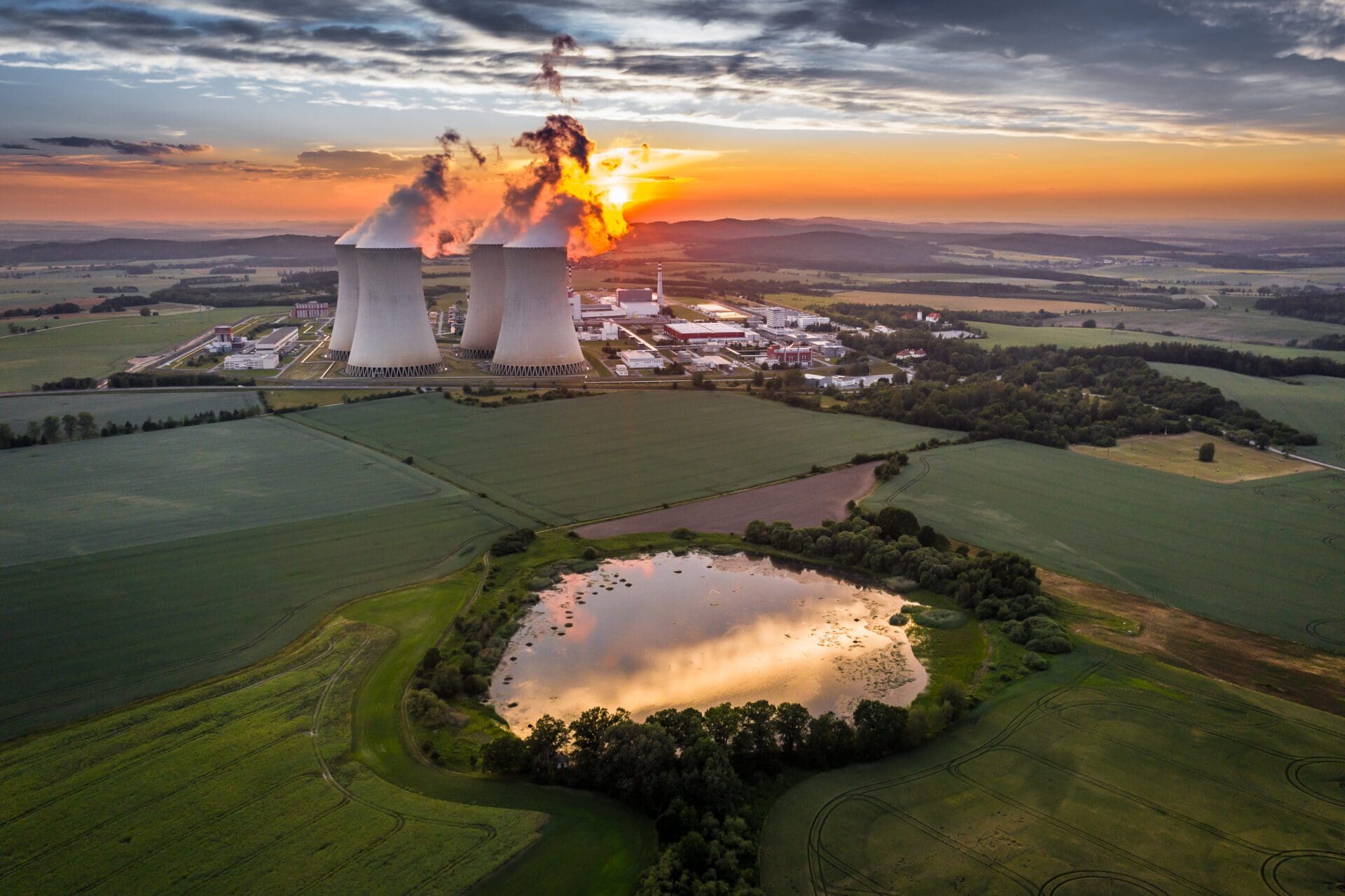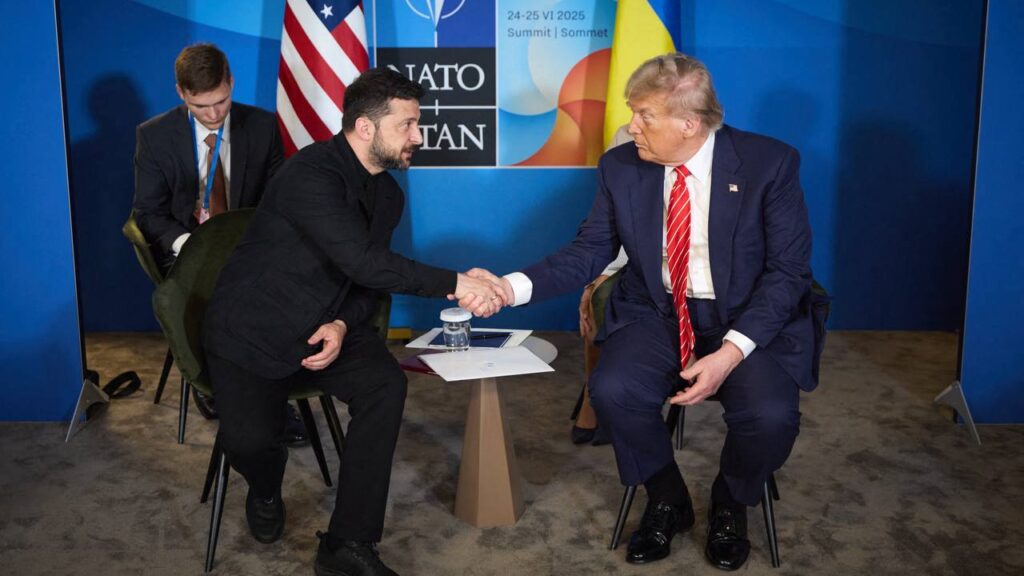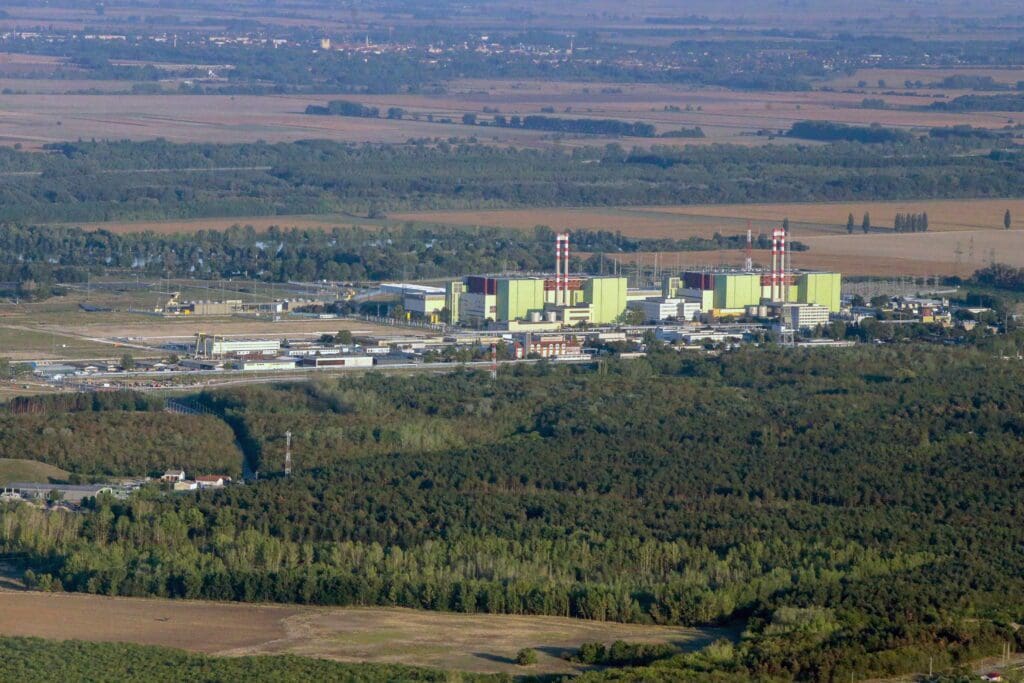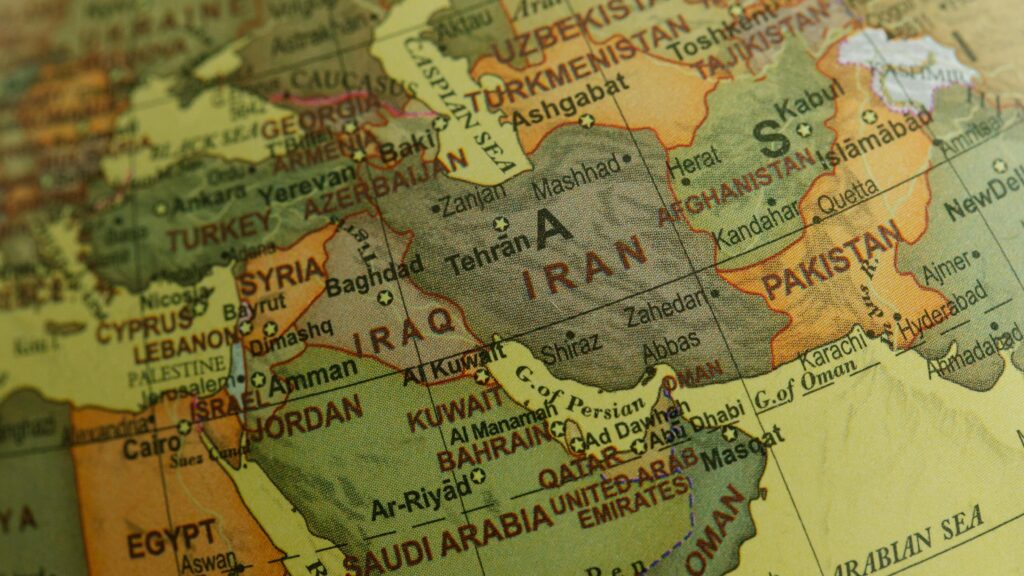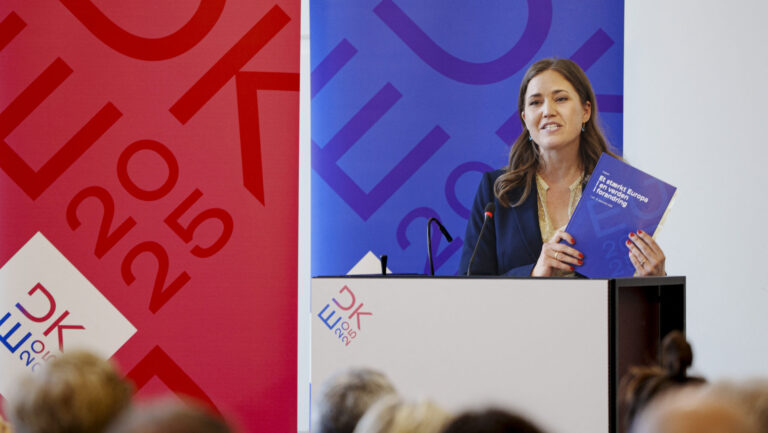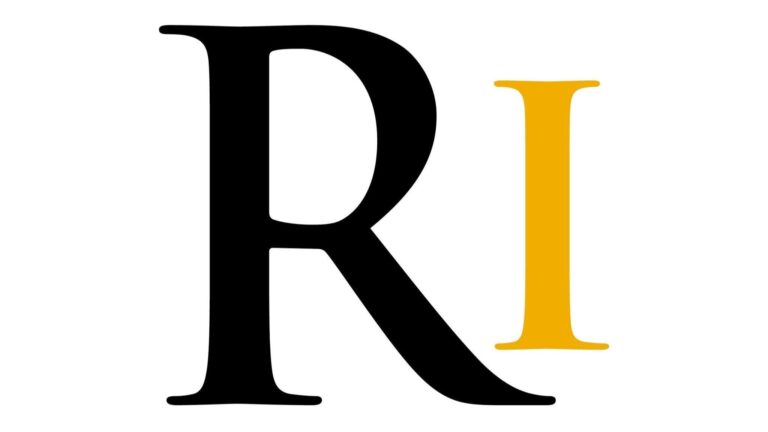Brussels is preparing its ninth sanctions package against Russia, aiming to broaden restrictions regarding the energy sector and banning cooperation with Russia on nuclear energy and fuels.
Proposed Package Raises Prices
Parallel to the energy sanctions, a ban on diamond, steel, and LNG products would also be imposed. This embargo would affect high-tech and software exports as well. They are also looking to ban Russian ships from European ports and block Russian TV channels from broadcasting in the EU.
According to Máté Litkei, director of the Climate Policy Institute of the Mathias Corvinus Collegium (MCC), the ban on nuclear cooperation would be the most hazardous component of the package for Hungary. The announcement of additional sanctions immediately pushed up prices at the Amsterdam TTF gas exchange. It is clear that the trade of gas responds sensitively to any information about a potential sanctions package or another EU summit on the matter. Prices that were around 112-113 dollars on the day preceding the week-long EU summit in the second half of October shot up to 127 euros by Thursday, the summit’s opening day. The mere mention of a ‘price cap’ saw a 10 per cent increase in gas prices.
Even the in Norway, a country that largely benefits from the soaring energy prices, the government firmly rejected the idea of a price cap. Prices dropped to 150 euros in mid-October following word that gas storage facilities had been filled to desirable levels, a reduction of more than 50 per cent from the price of over 300 euros in mid-August. After rumours that yet another round of sanctions was on the way, quotations on Friday increased from a level of 100 euros to close to 125 euros.
Nuclear Energy to Be Sanctioned?
The inclusion of nuclear energy among the sanctioned areas has long been a demand of the extreme left. ‘If EU governments are serious about ending the war, they need to sever the ties that bind the European nuclear industry to the Kremlin and instead put their attention on boosting energy efficiency and renewable energy,’ Ariadna Rodrigo, EU sustainable finance manager at Greenpeace, told CNBC after the approval of the eighth package. Prior rounds of sanctions targeted Russian coal, oil, and gas in an effort to put mounting pressure on Moscow; while the sanctions have been largely unsuccessful in crippling the Russian economy, they resulted in significant inflation. The restrictions are not particularly effective also because an increase in Russian LNG shipments—at a far greater cost—compensates for a decline in pipeline gas deliveries. France, China, and Japan are in fact three major consumers of Russian LNG.
Hungary and Bulgaria were the two nations that most vehemently opposed the inclusion of nuclear energy during negotiations on the eighth sanctions package, and this is unlikely to change when the time comes time for the next one. Europe’s nuclear superpower, France, is expected to adopt a similar stance on the matter. Poland has also taken a position in favour of nuclear energy by hiring American Westinghouse for the first phase of construction of its new power plant. A second nuclear power station is also to be built by a Polish-Korean consortium. However, these are long-term investments, and the Poles will need to pay high energy prices in the long run without Russian energy carriers.
Overconfidence Regarding Reserves
Brussels is also considering the option of putting sanctions on Iran in retaliation for Teheran providing Russia with armed drones. Urmas Reinsalu, the foreign minister of Estonia, a Baltic state known for their strong anti-Russian stance, called for additional penalties in an interview with Politico, claiming that ‘European countries currently have relatively solid gas reserves.’ The politician had probably not read the International Energy Agency’s (IEA) recently released study, which warned Brussels and EU countries against being excessively confident about the current high levels of gas storage. The IEA is of the opinion that due to a predicted drop in Russian gas imports and an increase in LNG use, Europe needs to start preparing for winter as soon as possible.
Hungarian Position Unchanged
Hungarian Foreign Minister Péter Szijjártó reaffirmed Hungary’s position that member states have a sovereign right to determine what energy carriers they acquire and in what quantities, from whom, and based on what price formula, following a summit of EU energy ministers at the end of October. Additionally, a sizable portion of the particular of energy deals are confidential, as they include sensitive national-security information, the minister said. Szijjártó pointed out that some European politicians had proposed rather ‘crazy’ ideas, including setting both an upper and a lower limit for gas prices, on the grounds that consumers would not be compelled to cut back on their energy use if costs were too low.
Despite Moscow’s unequivocal indication that it will immediately stop deliveries if a price freeze is implemented, Brussels insists on the concept of a price cap.
The impartial regulator in charge of the Dutch TTF gas exchange has also voiced opposition to an upper price cap. The Dutch Authority for the Financial Markets (AFM) issued a warning that attempts to set a limit on pricing would have unfavourable effects, including shortages. In an effort to prevent significant price volatility, Brussels has advocated for the development of a price correction mechanism and a dynamic price ceiling on natural gas futures contracts.
Another Brussels proposal is the creation of a mandated, shared gas purchase platform. The foreign minister of Hungary also referred to this suggestion of a so-called solidarity mechanism as ludicrous. ‘So, in case of an emergency, they would accept, from Hungary’s storage sites, the Russian natural gas that they wanted to phase out of the European market? And if they will accept it, why do they want to eliminate it, causing supply problems?’ Szijjártó enquired.
Related Articles:

